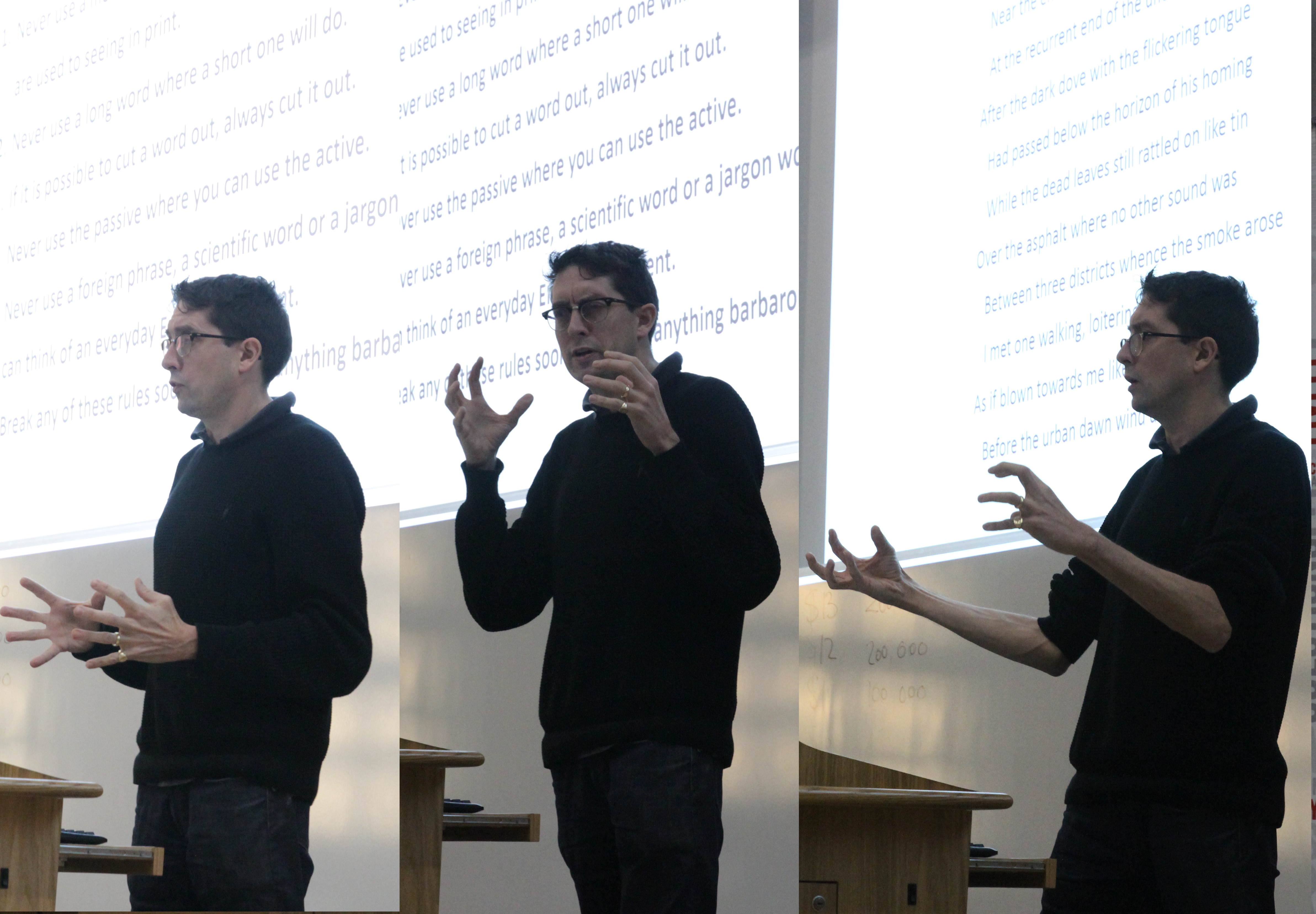In this report, POLIS/LSE Journalistfonden Newsroom Fellow Anna Thulin looks at how games and gamification can be used in journalism to build audience engagement and loyalty. By analysing case studies inside and beyond journalism, the report opens a discussion about the ethical and practical considerations of gamification and the benefits and risks gamification can have on journalism.
DOWNLOAD THE RESEARCH ARTICLE HERE
Follow today’s hot topics and get your score in a knowledge tracker. Answer questions about current events and see what others think. Try being a hard-working gig economy driver in a role-playing game. Or pretend you are an investigative journalist who must navigate hackers and viruses in Syria’s cyberwar.
These are all examples of how games and gamification can be used in journalism. They are fun and innovative, but can it be more than that? Could gamification help meet one of the biggest challenges in digital journalism today: to build audience engagement and loyalty?
For journalists, our work will only have impact if we reach out with our reporting and investigations. For the marketing departments, the relationship with the audience is the most vital part of the business model. If games seem like a fun way to reach the audience, they can also be deadly serious.
There is evidence from other fields that it could have a positive effect on journalism. Gaming companies have seen a dramatic increase in sales and time spent online, especially during the pandemic. Game-inspired marketing methods have long been used to target users with offers, advertising and subscriptions. Many apps use gaming techniques, whether it’s for learning or keeping up a workout routine, as with Duolingo or Strava.
Meta (formerly Facebook) says it will spend about 10 billion dollars over the next years developing the technologies required for building a “metaverse”, a shared virtual reality that takes the idea of “gamification” to another level. The world’s second largest economy China is experimenting with a gamified social credit system, closely related to mass surveillance systems which incorporate facial recognition, big data analysis, and artificial intelligence. Those cases show the potential for forms of gamification, but also highlight the potential risks.
In this report, I have collected case studies inside and beyond journalism, and analysed their effectiveness. I want to open a wider discussion about the ethical and practical considerations of gamification. Can confidence in journalism be improved or damaged by playful elements? Can it increase dialogue and attract new audiences, or will it discourage some people? What ethical dilemmas are there to collecting users’ data through games? This paper does not claim to be a comprehensive summary of the topic. It aims to stimulate debate and so we would welcome any feedback.
This report was written by Swedish journalist Anna Thulin as part of the Polis/ Journalistfonden Fellowship under the supervision of Professor Charlie Beckett at the LSE’s Department of Media and Communications, and with research assistance from LSE MSc students Mirna Noaman, Lara Wiebecke and Jordan Cordingley.
About the author: Anna Thulin is a freelance journalist based in France and Sweden. For the past ten years she’s been covering news, economy and culture for media outlets such as Omni Ekonomi, HD-Sydsvenskan, and Swedish Radio. Contact: annathulinkm@gmail.com






